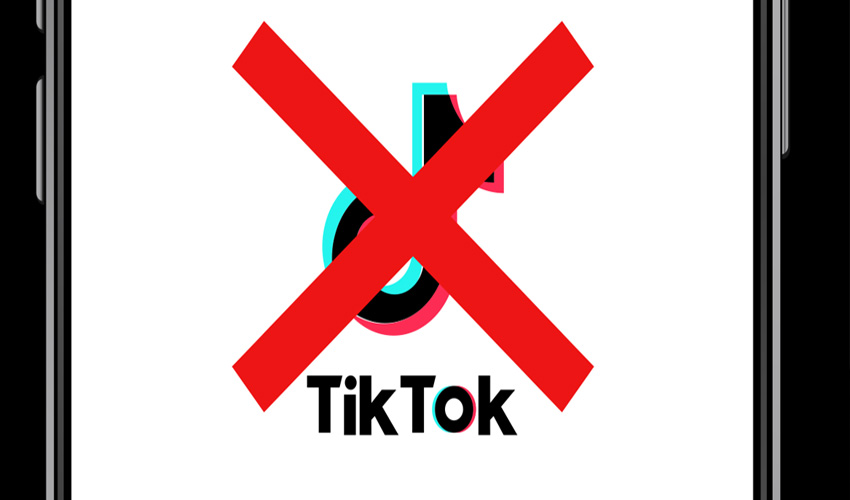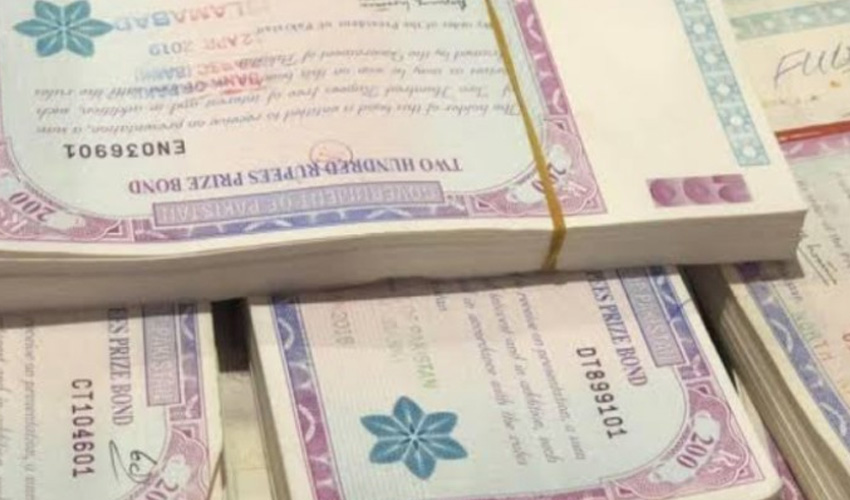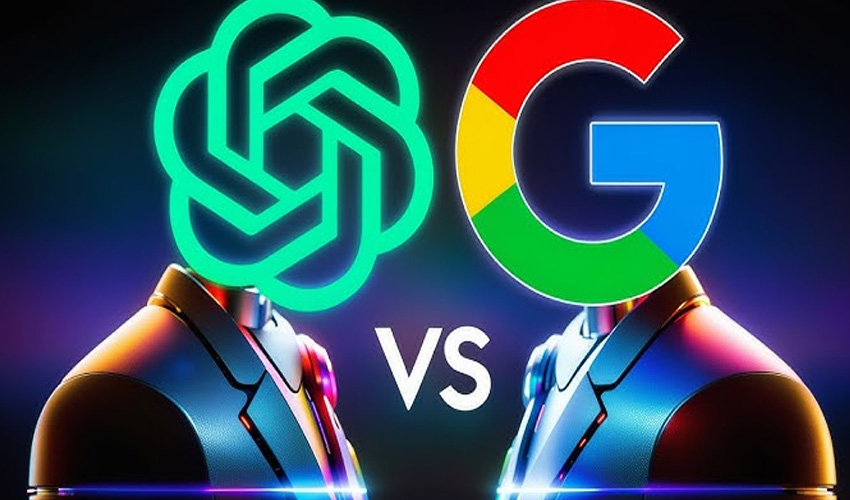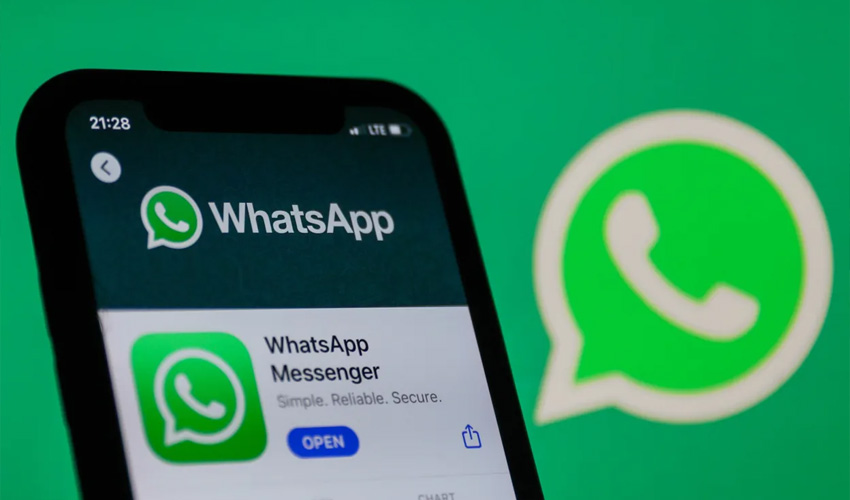TikTok has filed an emergency request to the US Supreme Court, urging it to halt enforcement of a federal law that would require its Chinese parent company, ByteDance, to divest from the popular short-video app by January 19, or face a nationwide ban.
The social media giant, which boasts 170 million American users, argues that a delay in the law’s enforcement would allow the court to properly review the legality of the ban.
The law, passed by Congress in April, requires ByteDance to sever ties with TikTok, citing national security concerns over the app’s access to vast amounts of data on American users. This data includes private messages, location information, and browsing habits, which critics argue could be exploited by the Chinese government. The Justice Department has argued that TikTok poses a "national-security threat of immense depth and scale."
However, TikTok and ByteDance argue that the law violates the US Constitution’s First Amendment protections on free speech. In its filing, the company contends that Americans should have the freedom to choose whether or not to engage with TikTok, especially given that they are "duly informed of the alleged risks" of content manipulation.
The company warned that a shutdown would harm millions of users, creators, and advertisers, with TikTok potentially losing one-third of its US users within a month.
“The First Amendment entrusts [Americans] with making that choice, free from government censorship,” TikTok's lawyers wrote, adding that a decision to uphold the ban would give Congress "free rein to ban any American from speaking simply by identifying some risk that the speech is influenced by a foreign entity."
The dispute comes amid escalating trade tensions between the US and China, with TikTok caught at the center of a broader geopolitical conflict. While the US government continues to claim that TikTok could be a vehicle for Chinese influence, the company has denied any wrongdoing, asserting that it has never shared US user data with the Chinese government.
A recent ruling by the US Court of Appeals for the District of Columbia Circuit upheld the law, rejecting TikTok's claims that the ban infringes on free speech rights. The appeals court, in its decision, noted that the government had acted "solely to protect that freedom from a foreign adversary nation" and safeguard Americans' data.
The legal battle continues as the app’s parent company seeks to prevent the law from taking effect while appealing to the highest court in the land. TikTok has requested that the Supreme Court issue a decision on the matter by January 6, to allow adequate time for the “complex task of shutting down TikTok” should the court rule against them.
The law also raises concerns about future crackdowns on other foreign-owned apps, such as WeChat, which faced a similar ban attempt under former President Donald Trump in 2020. Trump, who is set to assume office again in January, has expressed a more favorable stance toward TikTok, signaling his intention to review the ban once he takes office.
As the case continues to unfold, TikTok’s fate in the United States hangs in the balance, with millions of American users and creators eagerly awaiting the outcome. The Supreme Court’s decision could have far-reaching implications for the future of social media regulation and free speech in the digital age.
TikTok’s appeal underscores the stakes involved: "A federal law singling out and banning a speech platform used by half of Americans is extraordinary," the company stated in its filing.


























